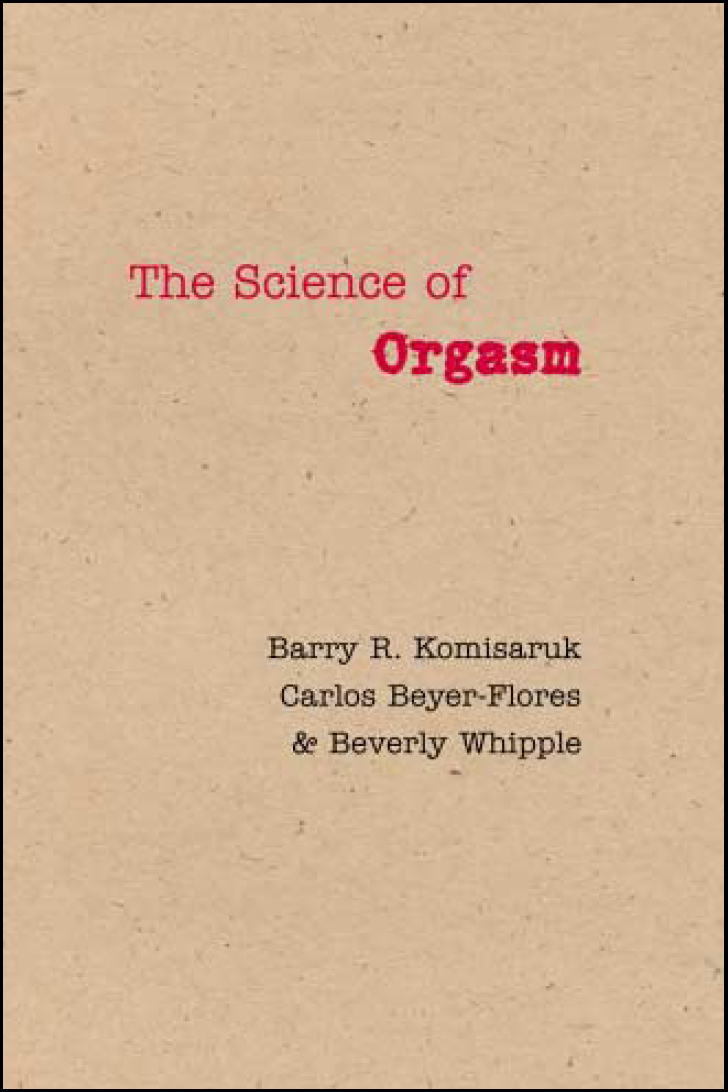
Sex fascinates us all and now it seems that everyone has a view. The media abounds with advice about sex from doctors, psychologists and therapists who jostle for recognition. But despite the surfeit of advice there is little science. The problems of taboo and censorship have been replaced by one of validity. This book provides information from the best available evidence. Talk of sex being as strenuous as walking up stairs or walking a mile does not pack the same punch as how many patients have a heart attack ‘in the saddle’. Even in the priapic, post-Viagra age the figure seems low: 1.5% of 1700 cited in the chapter titled ‘are orgasms good for your health’.
The authors are a professor of psychology, of nursing, and the head of a laboratory. They have proceeded from definition to physiology and pathophysiology, and the effect of prescribed and elicit drugs. They review the research into the endocrinology and the neurology of sex in both the intact and damaged brain. The information from imaging is assessed. All the while the authors have not strayed beyond what is in the literature.
The instruction does not crowd out the entertainment. They have an eye for the intimate when a researcher's erection, induced by a self-administered alpha blockade, ‘is entirely undiminished by concentration on exacting intellectual tasks… I took an urgent and worrying telephone call without losing the erection’. One presumes the caller was unaware.
The authors should be congratulated on taking the trouble to produce a readable comprehensive account of the literature on orgasm. All psychosexual clinics will need to have a copy as well as anyone who advises others about psychosexual problems.



eLetters
No eLetters have been published for this article.